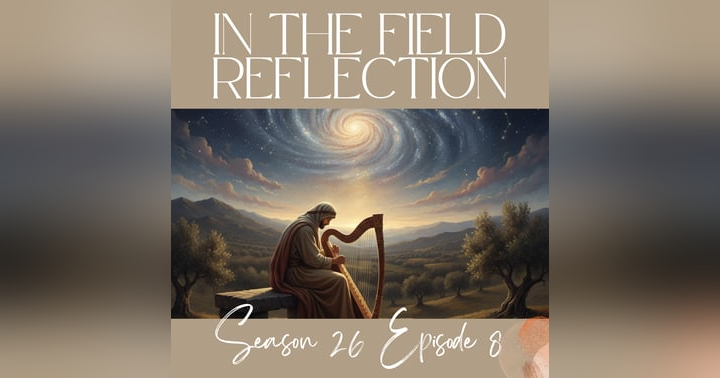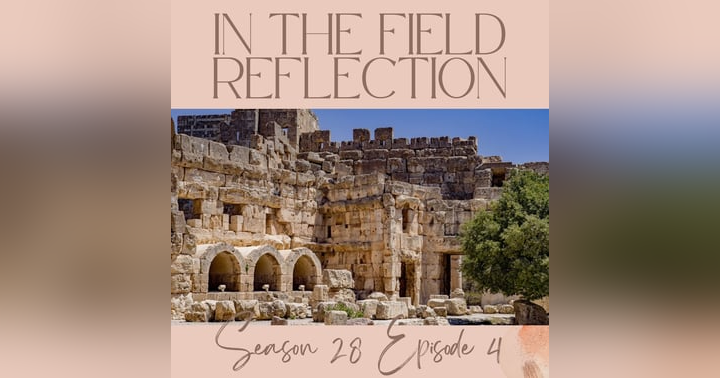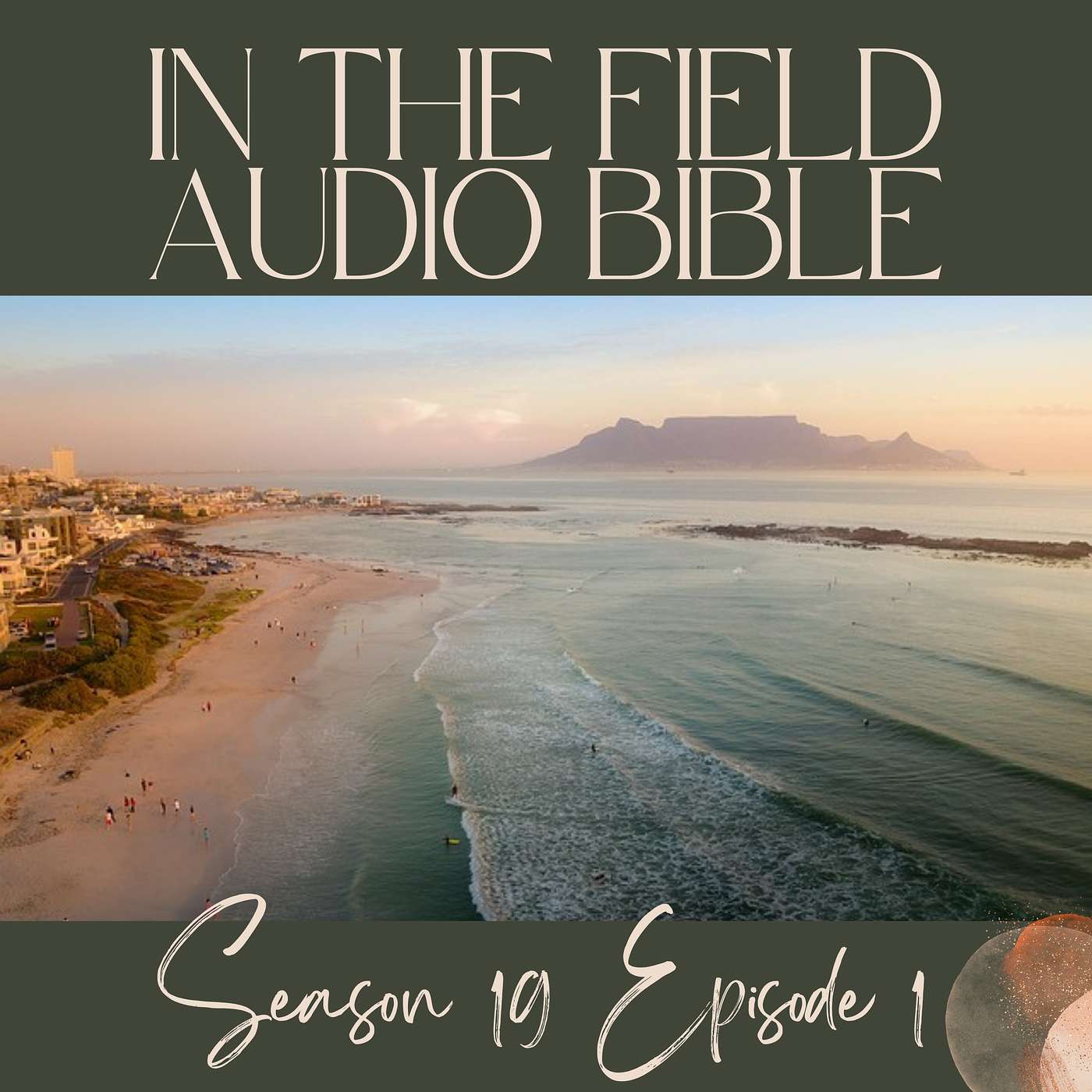Chained But Not Silenced: Paul's Ephesian Revelation

Chained in a Roman cell, yet soaring in divine vision, the Apostle Paul pens one of the most breathtaking declarations in all of Scripture. In the first chapter of Ephesians, Paul’s Ephesian Revelation bursts forth—not as a whisper of survival, but as a thunderclap of eternal purpose. From the shadows of imprisonment, he unveils a cosmic inheritance, a sweeping vision of God's grace that no prison walls could contain. As we explored in our latest episode, this revelation shatters the illusion that suffering can silence truth. Instead, it proves that heaven often speaks loudest from the depths of confinement.
The letter begins with Paul's apostolic greeting, establishing his authority not from human appointment but "by the will of God." This distinction matters profoundly, especially considering his chains. His imprisonment wasn't a deviation from God's plan but mysteriously part of it. From this unlikely setting, Paul unfolds a sweeping vista of spiritual blessings that exist "in the heavenly realms." This spatial language creates a fascinating contrast—while physically bound in the lowest places of Roman society, Paul's spiritual vision soars to the highest heights of divine reality. The episode captures this tension beautifully through atmospheric descriptions of the damp prison cell juxtaposed with the limitless expanse of God's eternal purpose.
Perhaps the most remarkable aspect of Ephesians 1 is the revelation that believers were "chosen before the foundation of the world." This pre-temporal election forms the cornerstone of our identity in Christ. Long before our struggles, failures, and accomplishments, we existed in God's mind and heart. This truth radically reorients our understanding of who we are. Our identity isn't constructed from our achievements or diminished by our failures—it was established in eternity past through God's sovereign choice. The podcast's narrative dramatization brings this abstract concept into sharp focus, helping listeners grasp not just the theological principle but its personal implications.
The concept of adoption emerges as another powerful theme in this chapter. Paul declares that believers are "predestined for adoption to sonship through Jesus Christ." In the Roman world, adoption carried tremendous legal weight—an adopted child received full rights of inheritance and family status. By using this metaphor, Paul communicates the completeness of our new identity in God's family. We're not temporary residents or secondary members—we are fully embraced children with all privileges of sonship. The episode's exploration of this concept challenges listeners to live from this position of belonging rather than striving for acceptance.
Redemption through Christ's blood and forgiveness of sins follow naturally in Paul's progression of thought. Note how he describes God's grace as "lavished on us"—not merely adequate but abundantly overflowing. This extravagant language emphasizes the immeasurable nature of divine grace. It's not rationed or reluctantly given but poured out with divine pleasure. The contrast with Paul's austere prison conditions makes this lavish language even more striking. The podcast's narrative vividly portrays this contrast, allowing listeners to feel the magnitude of God's generosity against the backdrop of human limitation.
The mysterious will of God revealed in Christ forms another significant strand in this rich theological tapestry. God's ultimate purpose is "to bring unity to all things in heaven and on earth under Christ." This cosmic reconciliation transcends our individual salvation, placing our personal story within the grand narrative of God's universal restoration. The episode effectively communicates how this broader perspective gives meaning to our individual circumstances, however challenging they might be. If Paul could see divine purpose from a prison cell, surely we can find it in our own difficult situations.



